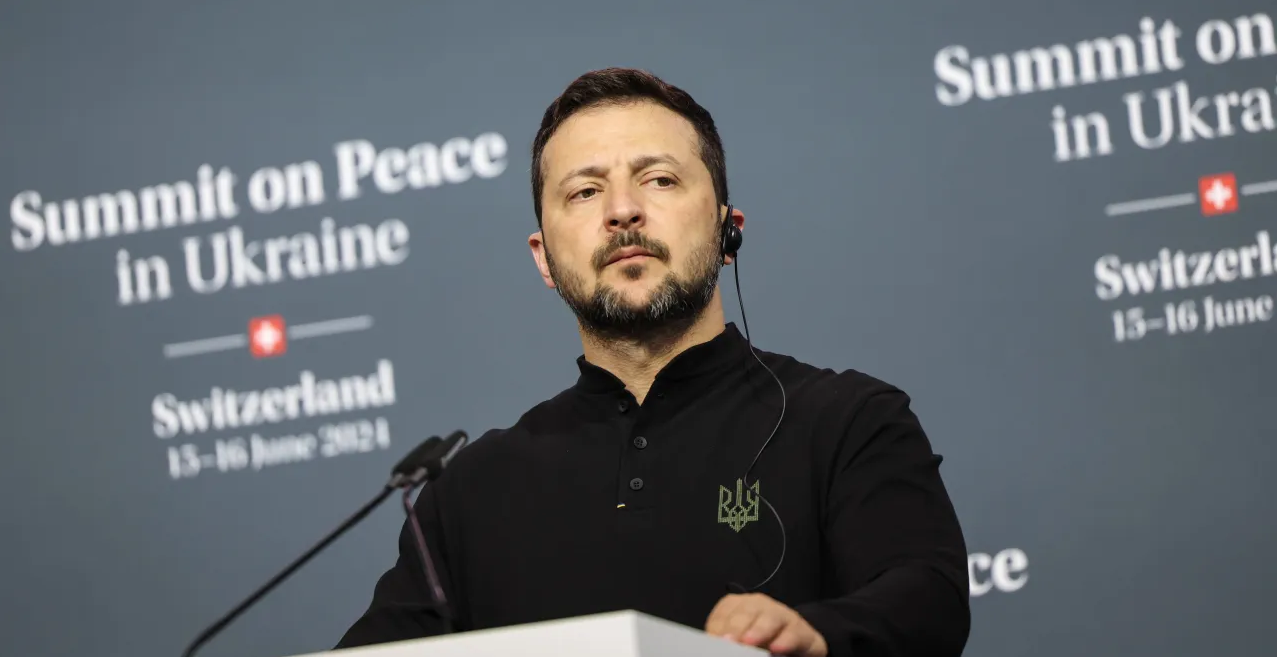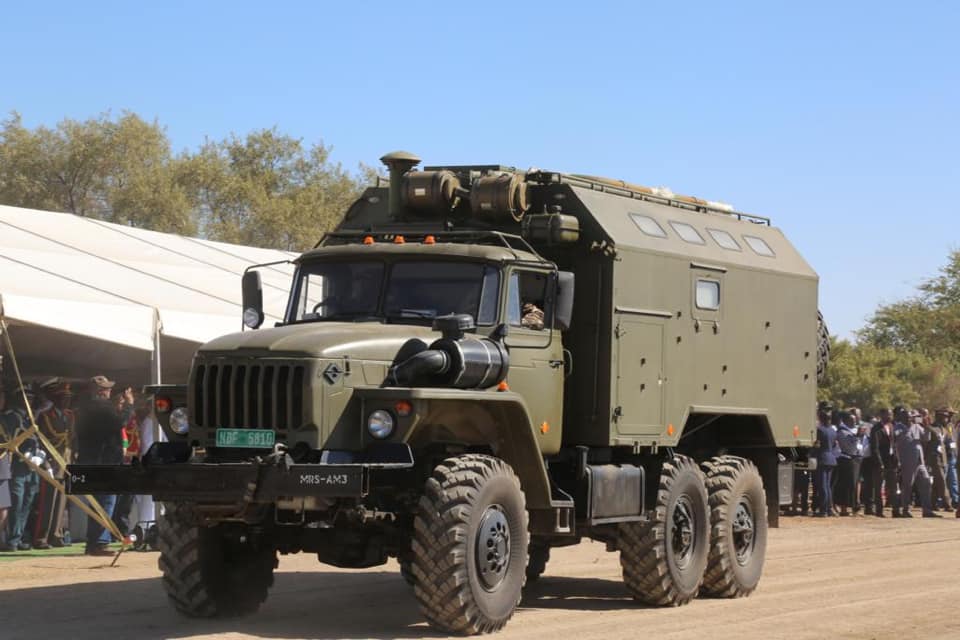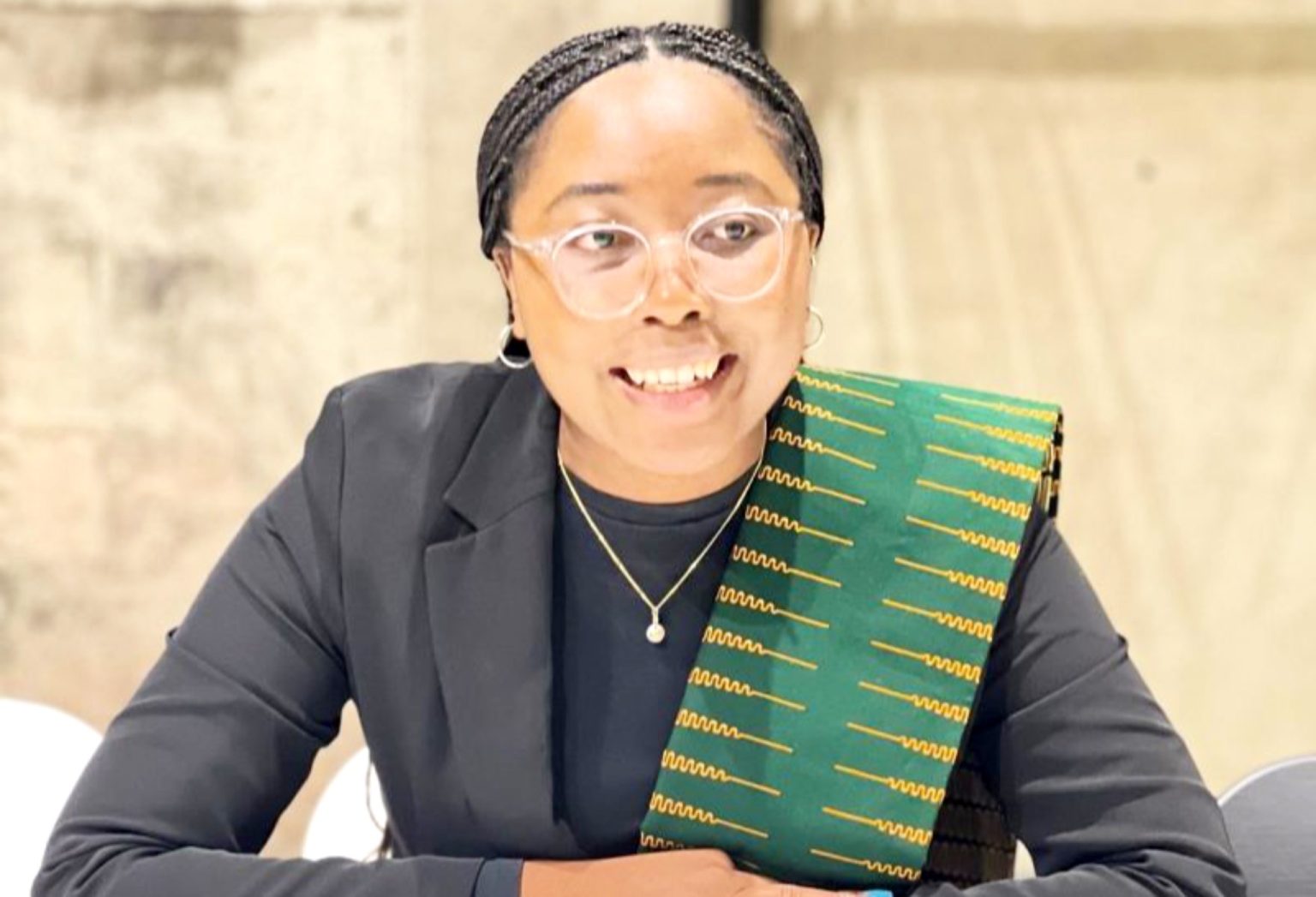South Africa attended Ukrainian President Volodymyr Zelensky’s global peace summit in Switzerland but condemned it, partly because of the presence of Israel.
South Africa’s representative Sydney Mufamadi, President Cyril Ramaphosa’s national security adviser, who attended the meeting in Burgenstock, rejected the summit communiqué that was adopted by most of the 101 nations and international organisations that participated.
Saudi Arabia, India, Thailand, Indonesia, Mexico, Brazil and the United Arab Emirates were also among participants that declined to sign the communiqué.
But Turkey — which has sought a role as intermediary between Russia and Ukraine — did, along with most of the nations which participated.
A total of 11 African countries signed the communiqué, including Kenya and Ghana.
Zelensky had earlier hailed the summit as a “tremendous success” which could be the first step towards a just end to Russia’s war against his country.
He said the representation of countries from all continents, as well as religious leaders who upheld the UN Charter, meant “we have managed to avoid … the division of the world into opposing blocs”.
But China and some other nations stayed away altogether, and many other nations sent lower-level delegations because Russia was not there. Ukraine’s idea was to build international support for its peace plan – which calls for the total withdrawal of Russia from all Ukrainian territory – and then invite Moscow to a second global summit.
The communiqué from the summit said the participants had discussed pathways towards “a comprehensive, just and lasting peace, based on international law, including the United Nations Charter”.
“We reaffirm our commitment to refraining from the threat or use of force against the territorial integrity or political independence of any state, the principles of sovereignty, independence, and territorial integrity of all states, including Ukraine, within their internationally recognised borders…”
But in a statement, Mufamadi – who also attended all the meetings in the run-up to the summit – said that given the importance that the summit had placed on the UN Charter, international law and human rights, it was surprising that Israel was present and signed the communiqué “just a few days after a credible high panel committee appointed by the United Nations found that it has, amongst the commission of other atrocity crimes, committed the crime of extermination”.
Mufamadi added that this “failure to uniformly and fairly implement international law in all conflict situations globally weakens the normative framework of international accountability and makes the world less safe for all”.
Mufamadi also said South Africa had joined the Ukraine Peace Formula process to “help bring about peace … Our efforts should be on engaging in dialogue, fostering it and promoting steps to end the war – not to manage the war”.
He also objected to the communiqué’s paragraph which stated:
“Any threat or use of nuclear weapons in the context of the ongoing war against Ukraine is inadmissible.”
Mufamadi said this narrowed the prohibition on the threat or use of nuclear weapons “to the Ukraine context only”, whereas “the prohibition applies globally, and South Africa will continue to be a leading proponent of total prohibition on the threat or use of nuclear weapons in any context”.
Mufamadi said South Africa had not been able to speak in the plenary session of the summit and so he was issuing his statement to express its positions.
President Ramaphosa’s spokesperson, Vincent Magwenya, confirmed that “South Africa rejected the communiqué on principle as laid out in our NSA’s [Mufamadi’s] statement”.
South Africa was among 13 countries – out of a total of 92 countries participating fully – that did not sign the communiqué. Six international organisations participated fully, and four signed.
The communiqué also demanded that Ukraine’s Zaporizhzhia Nuclear Power Plant, which Russia has captured, “must operate safely and securely under full sovereign control of Ukraine and in line IAEA principles and under its supervision”.
The communiqué demanded safe commercial navigation and access to sea ports in the Black and Azov Seas, and added that attacks on merchant ships and civilian port infrastructure were unacceptable. It said global food security depended on the safe passage of Ukrainian food products along these routes.
And the communiqué also demanded the release of all prisoners of war and the return to Ukraine of Ukrainian children and other Ukrainian civilians unlawfully detained by Russia.
In his opening address, Zelensky had said Russia was not present “because if Russia was interested in peace, there would be no war”.
However, he added that this first summit should draft an action plan for peace which would then be communicated to Russia and at a second peace summit “we can fix the real end of the war”.
Stay informed with The Namibian – your source for credible journalism. Get in-depth reporting and opinions for
only N$85 a month. Invest in journalism, invest in democracy –
Subscribe Now!










